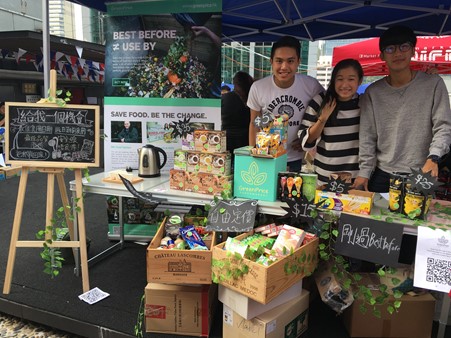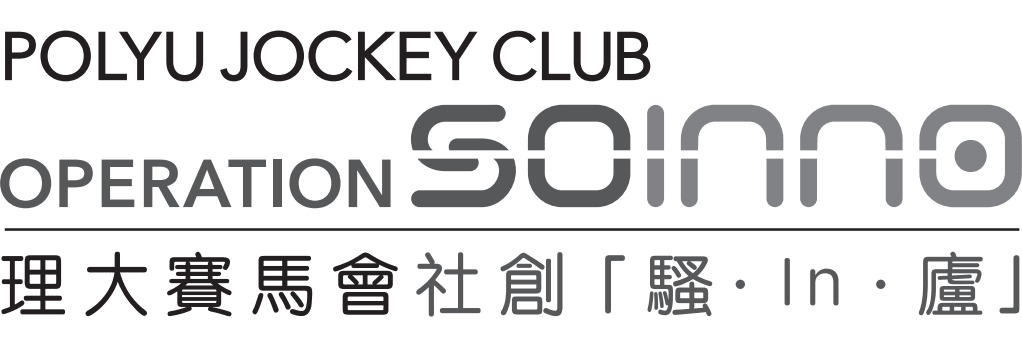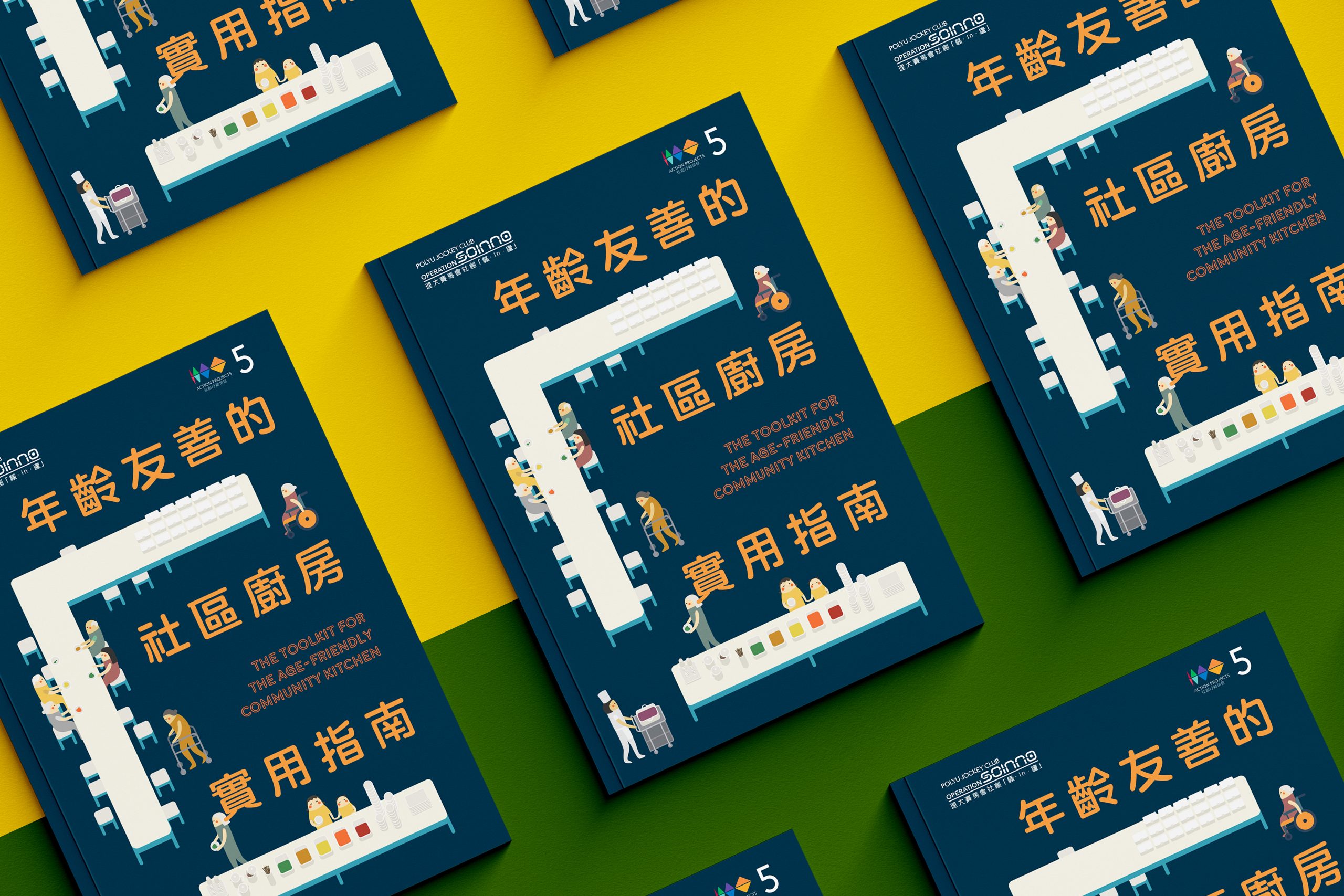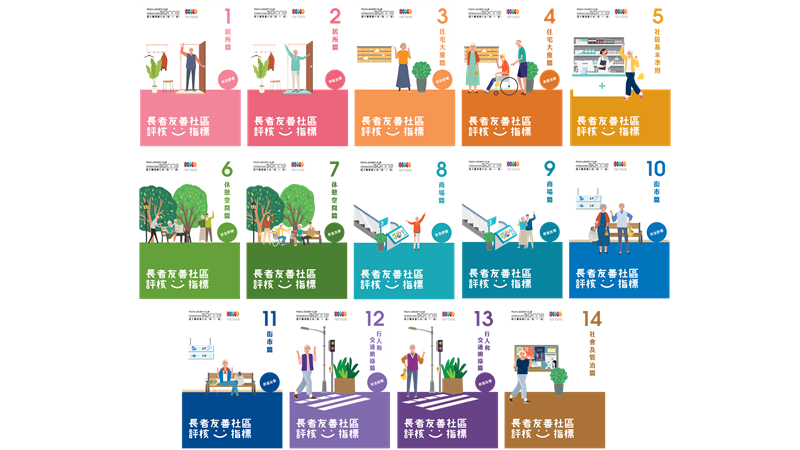Eco-friendly shopping is gradually becoming a consumer trend in Hong Kong. Expired goods – once avoided by the public – inspired the establishment of GreenPrice. Why has the acceptance of expired goods increased in Hong Kong society?
Overview
Founded in 2016, GreenPrice is a supermarket specialising in selling products that are near or past their expiration dates, aiming to promote the concept of reducing waste.
As a supermarket specialising in expired goods, GreenPrice is dedicated to promoting the distinction between ‘best before’ and ‘best use’ dates. The best-before date indicates that products past this date are not necessarily spoilt but are no longer sold in traditional stores.
Outcomes
Today, GreenPrice has 11 stores in Hong Kong, showcasing an innovative business model that provides a unique avenue for products nearing the end of their shelf life. Their trendy and youthful brand image has also turned eco-friendly shopping into a widely embraced consumer trend. As the project matures, its product range has expanded from food to skincare and cosmetics, offering consumers a wider array of products to choose from. Expiry dates are no longer a deterrent for people in Hong Kong.
Process
Inspiration
The idea for the project came from the founders’ experience of participating in a food-saving event several years ago, where they noticed the organisers cooking meals for those in need using leftover expired food. This experience changed their perception of expired goods and led them to think about how to give expired food new life.
Hong Kong discards 150 million food items that are expired or past their best-before date annually. The project team proposed an investment plan and received HKD100,000 in seed funding from Good Seed’s Social Innovation and Entrepreneurship Development Fund.
During the project, the team conducted extensive research to explore societal needs and people’s understanding of best-before dates.

Ideation
After analysing the local supply chain operations, the team understood the difficulties faced by some suppliers and distributors: retailers, gaining revenue from shelf fees, lacked motivation to avoid food waste. Unsold products are returned to distributors without direct loss to retailers. Despite distributors’ reluctance to discard goods still within their best-before date, due to overstocking, they often had no choice.
GreenPrice targeted this gap in the market by acting as an intermediary, buying these soon-to-be-discarded products at lower prices and reintroducing them to the market. The team explained that in 2016, distributing products past their best-before date was a novel concept that might not be readily embraced by the public. Despite NGOs’ efforts to address this issue, various limitations, including storage space, hindered widespread adoption, reinforcing GreenPrice’s development potential.

Implementation
In its early stages, GreenPrice’s biggest challenge was gaining the trust of distributors, who feared reputational damage from this new business model. Fortunately, during the social innovation programme, GreenPrice met an experienced food industry mentor who helped connect them with distributors. This led to their first partnership, stocking Taiwanese tea bags. They actively sourced more distributors and began selling at weekend markets and pop-up shops to test the market reaction.
As more businesses joined, GreenPrice started screening brands, prioritising social impact over profit to reduce food waste. A GreenPrice team member explained that ‘Even though selling certain well-known brands at higher prices could quickly clear inventory and generate profit, our primary goal is to address food waste. This is our principle. Additionally, expired products have a short shelf life. We sell products up to three months past their best-before date, giving us only three months to sell all items.’
Initially, the team had no plans to open physical stores but realised during market trials that many consumers were sceptical about the safety of expired food. The best solution was direct communication with customers, allowing them to see and taste samples to build trust and encourage purchases. ‘During the trial phase, a mother at a market mentioned that her daughter would never eat food past the suggested date on the label and would throw it away. GreenPrice’s frontline staff (Educator) seized the opportunity to let the girl taste samples, realising there was no difference in taste. Eventually, they bought the products.’

GreenPrice encountered various setbacks, such as the failure of their Sham Shui Po store, where customers rejected the concept, considering it unscrupulous. They learned that affordability was not the only factor; continuous education was crucial. They recognised that many people held biases against products past their best-before date and aimed to educate the public, seeing the younger generation’s openness as encouraging.
As acceptance grew, GreenPrice planned to expand by opening more stores. More stores would provide them with stronger persuasion power with distributors, enabling them to obtain more products and quickly clear inventory. ‘In places like Singapore, selling products past the label date is illegal, leading to waste. This is where we can step in, taking on unwanted products.’ GreenPrice emphasised that food waste is not just a Hong Kong issue but a global one.

















